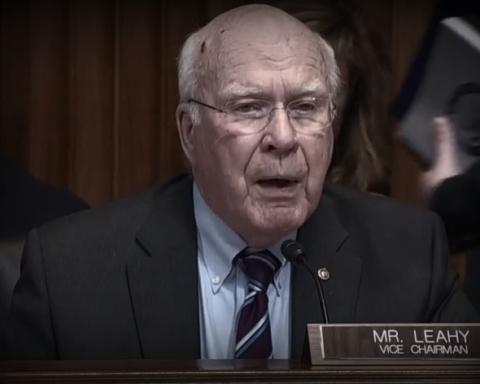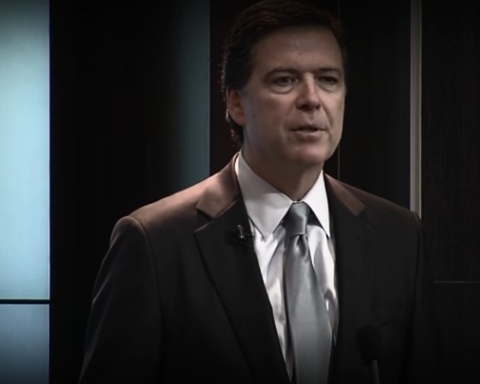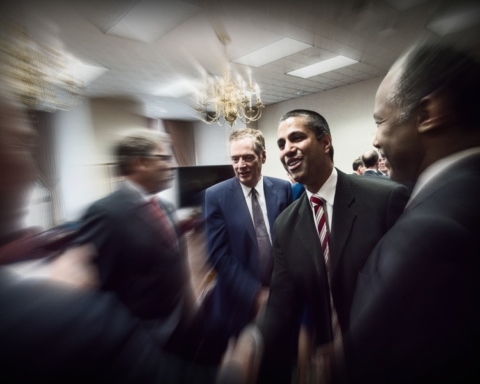A United States Senator is unimpressed with Pokemon Go’s “Gotta Catch ‘Em All” approach to data-mining.
Al Franken (D-Minn.) wrote a letter on Tuesday to John Hanke the CEO of Niantic, which last week released the widely-popular mobile app-based game.
Franken asked the executive a number of questions, mostly concerning “the extent to which Niantic may be unnecessarily collecting, using, and sharing a wide range of users’ personal information without their appropriate consent.”
“From a user’s general profile information to their precise location data and device identifiers, Niantic has access to a significant amount of information,” Franken noted, “unless users–many of whom are children–opt-out of this collection.”
The information collected “can then be shared with The Pokemon Company and ‘third party service providers,’ details for which are not provided,” Franken also remarked, citing the app’s privacy policy.
Observers have raised concerns about Pokemon Go’s terms of service, after Americans rushed to download and play the game—one based on users walking around their communities and interacting with one another. Franken said the app has been downloaded “approximately 7.5 million times in the United States alone.”
One issue that Franken and others cited: a bug that has allowed Pokemon Go access to its users’ Google Accounts; a gateway that would give Niantic a window into massive amounts of communications through Gmail. The company has since said it is working to patch the bug.
The game, however, by default, still requires access to highly sensitive information. As Techcrunch pointed out, Pokemon Go’s “access to things like your current location, camera, and phone sensors…are needed for gameplay.”
Pokemon Go’s terms of service also include cover for the company, if it decides to turn police informant, as Gawker reported.
“We may disclose any information about you (or your authorized child) that is in our possession or control to government or law enforcement officials or private parties,” the Pokemon Go privacy policy states.








